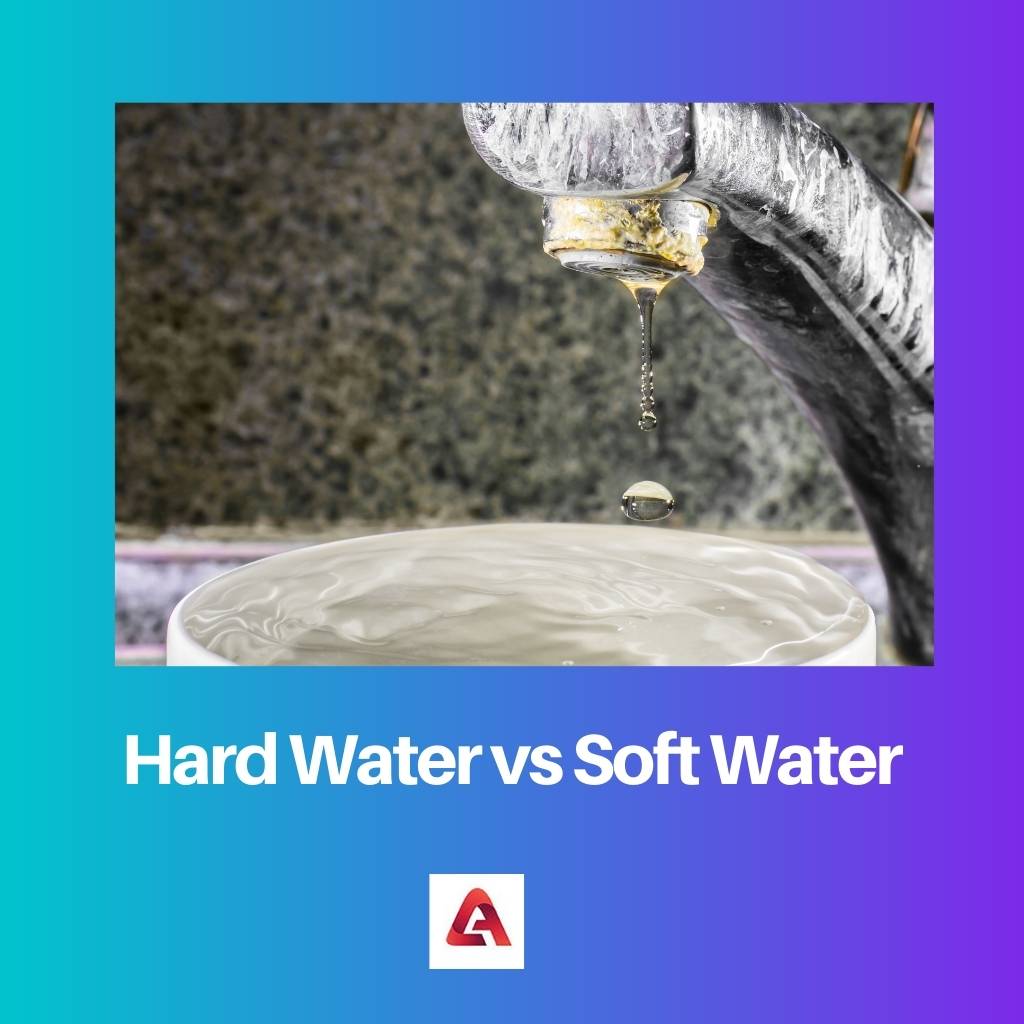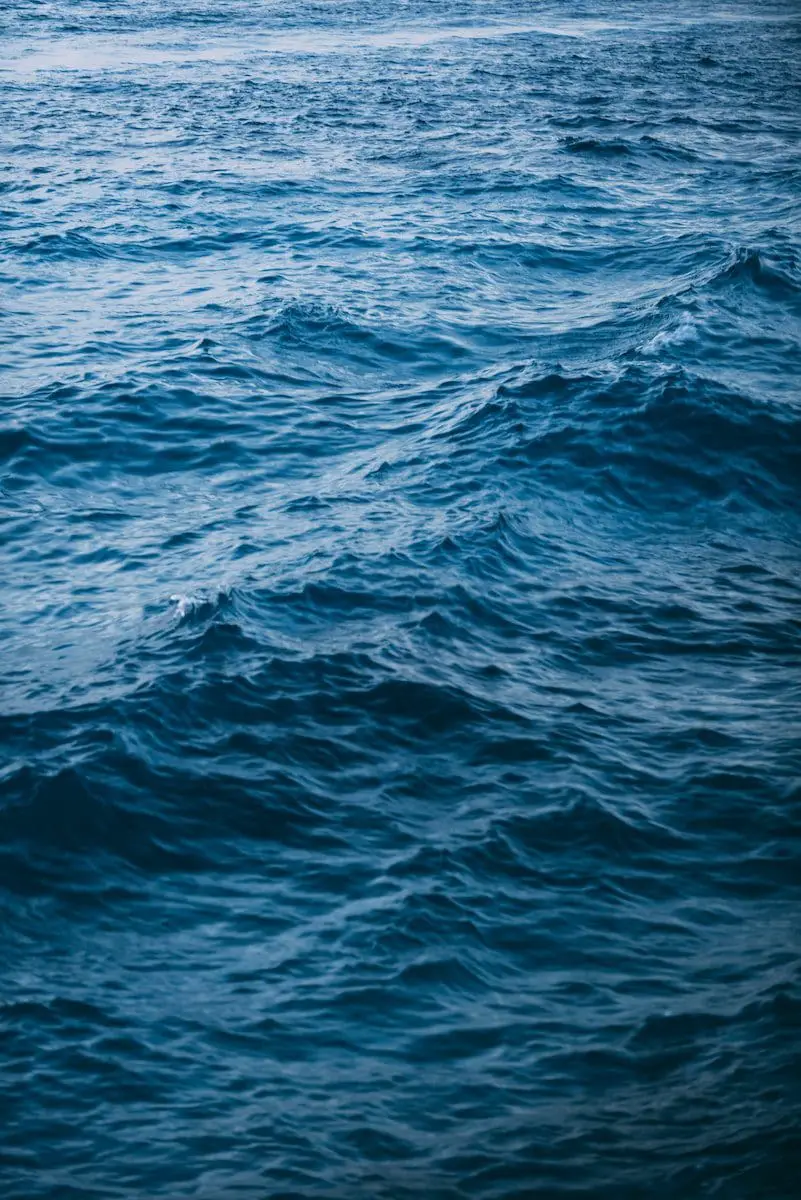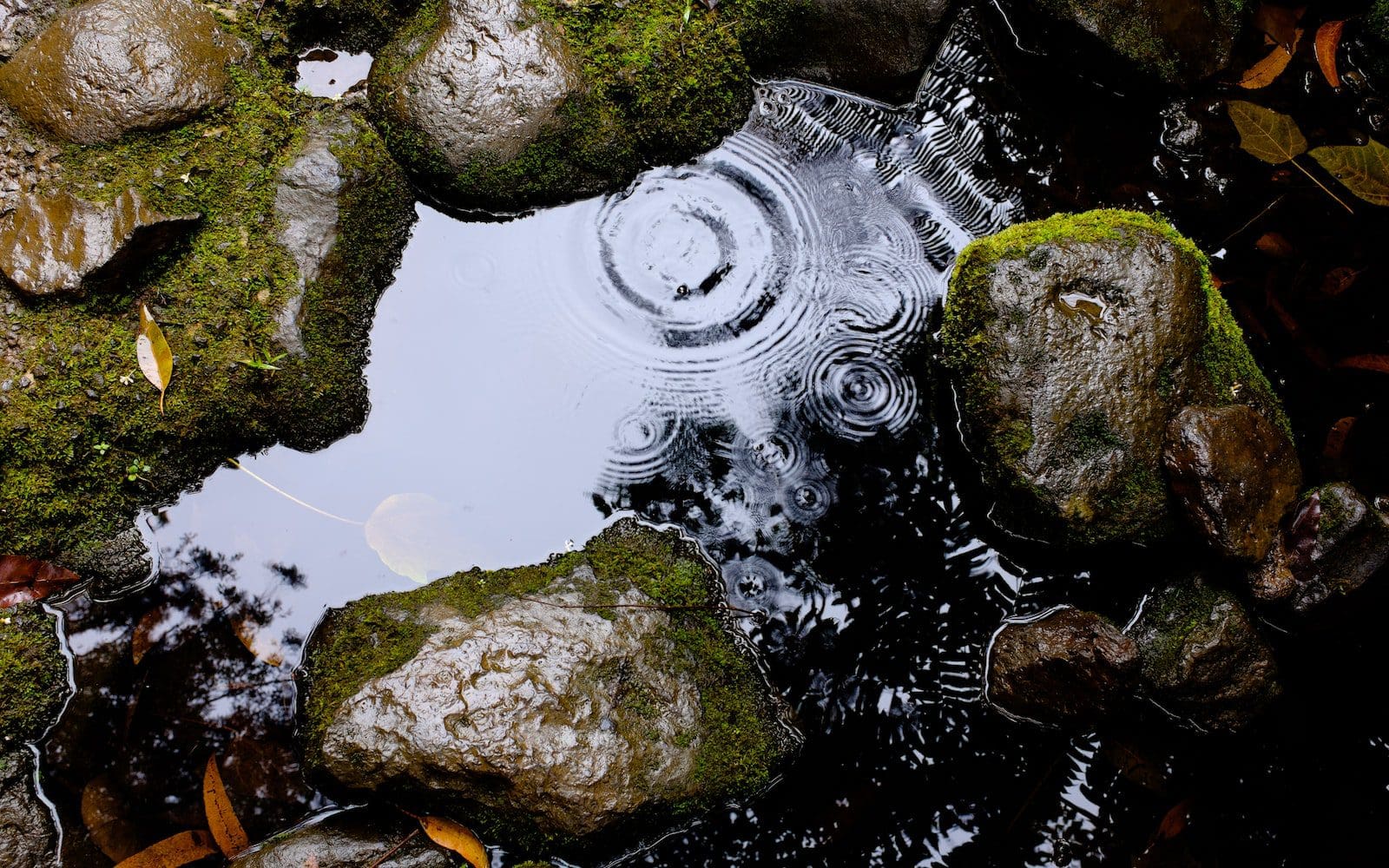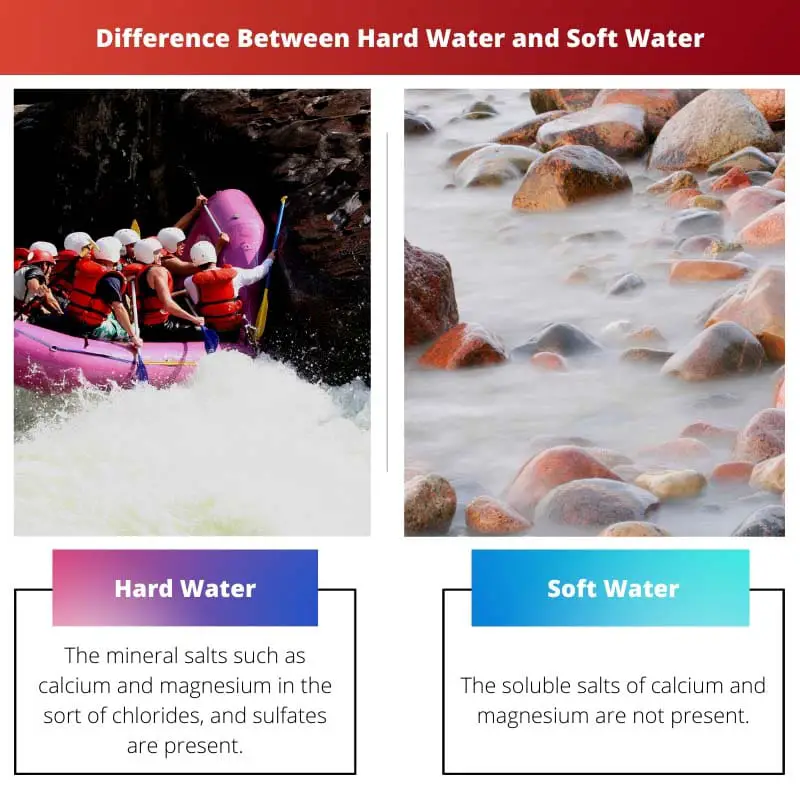Water is an essential compound for the survival of all living organisms. Moreover, the major part of the earth and all the living organisms on earth is made up of water.
The water is a tasteless, odourless, colourless liquid and an excellent solvent.
The two dissimilar classifications are Hard Water and Soft Water. Both Hard water and Soft water are not differentiable with the five senses, but they are extremely different from each other.
Key Takeaways
- Hard water contains more dissolved minerals like calcium and magnesium, while soft water has lower mineral content.
- Soft water lathers easily with soap, creating a more effective cleaning action, whereas hard water leads to soap scum, mineral deposits, and reduced cleaning efficiency.
- Hard water can cause scaling in pipes and appliances, reducing their efficiency and lifespan. In contrast, soft water can help extend the life of these systems and requires less detergent for cleaning purposes.
Hard Water vs Soft Water
Hard water contains a relatively high concentration of dissolved minerals, especially calcium and magnesium. These minerals are picked up by the water as it passes through rock and soil. Soft water contains a lower concentration of dissolved minerals. This can be achieved through a number of methods, such as reverse osmosis or ion exchange.

Hard water is an excellent solvent for mineral salts, ions, and molecules. When it reaches the ground surface of the earth, it dissolves many salts such as calcium and magnesium salts through rain and air.
Thus the presence of these salts makes the pure water ‘Hard.’ The Hard Water, instead of forming a lather with soap easily, forms an insoluble precipitate with soap.
Soft Water contains a very less concentration of only a few soluble salts, such as calcium and magnesium salts. Soft water is treated with water containing sodium cation ions.
Soft Water produces sufficient lather with soap easily and does not form an insoluble scum with soap. Thus it can be used for cleaning purposes.
Comparison Table
| Parameters of Comparison | Hard Water | Soft Water |
|---|---|---|
| Definition | The mineral salts such as calcium and magnesium in the sort of chlorides, and sulfates are present. | The soluble salts of calcium and magnesium are not present. |
| Components | It contains calcium and magnesium ions. | It contains sodium ions |
| Reaction with soap | It does not form any bubbles or froth with soap. | It naturally lathers with soap easily. |
| Taste | Hard Water is tasteless. | Soft Water is salty. |
| Effectiveness on Cleaning | Hard Water is not effective for cleaning purposes. | Soft Water is effective for cleaning purposes. |
| Examples | Groundwater. | Rainwater. |
What is Hard Water?
Soluble salts such as magnesium and calcium in the water are responsible for the formation of Hard Water that does not form any bubbles or froth with soap easily.
The existence of sodium in soap can start the reaction with Hard Water to scum out calcium or magnesium stearate. Thus it is not suitable for laundry and is harmful to boilers.
Temporary Hard Water occurs due to the existence of magnesium and calcium hydrogen carbonates in the water.
During boiling, magnesium bicarbonate is converted into magnesium hydroxide, and the precipitates obtained are removed through filtration. As a result, Soft Water is formed.
In Clark’s process, a calculated quantity of lime is added to Hard Water. Therefore calcium carbonate is precipitated out, and Magnesium hydroxide is filtered.
As a result, soft water is obtained. Soluble salts such as magnesium and calcium in the water are responsible for the formation of Permanent Hard Water. These salts contain various chlorides and sulfates in water.
Permanent Hardness in the water is removed by clarifying the water with washing soda, Calgon’s method, and the Ion-exchange method.

What is Soft Water?
Soft Water consists only of very low concentrations of any mineral salts, or it doesn’t have any existence of soluble salts such as calcium and magnesium salts. Soft Water comprises Sodium cation ions.
Soft Water lathers with soap easily. Thus it is suitable for cleaning purposes.
It does not stain clothes but rather makes them brighter and sparkling.
Soft Water is not used for drinking due to its high Sodium and salty taste. Soft Water is treated water obtained from hard water that can be used for bathing because it’s beneficial for hair and skin.
Soft Water is suitable to use in washing machines, dishwashers, coffee makers, and water heaters because it increases the lifespan of household appliances.
It does not leave stains or scales on pipes, bathtubs, glasses, and plates, and it also prevents corrosion in materials.
Soft Water can cause lead poisoning if it is stored in a lead container and does not have many health benefits as there is no presence of calcium and magnesium ions.
Due to no deposition of soluble salts and low boiling point, Soft Water is used in boilers. Rainwater is the perfect example of Soft Water as it is almost pure and later easily with soap.

Main Differences Between Hard Water and Soft Water
- Hard Water is known for the existence of salts such as calcium and magnesium, whereas Soft Water does not have any existence of these soluble salts of calcium and magnesium and only contains Sodium cation ions.
- Hard Water does not form any bubbles or froth with soap, whereas Soft does create bubbles or froth with soap easily.
- Hard Water is not used for cleaning purposes, whereas Soft Water is used for cleaning purposes.
- Hard Water can be used for drinking purposes, whereas Soft Water is not recommended for drinking purposes.
- Hard Water is tasteless, whereas Soft Water has a salt taste.

- https://www.bmj.com/content/2/5857/21.abstract
- https://www.sciencedirect.com/science/article/pii/0043135476901287

The explanation on how soft water increases the lifespan of household appliances is very helpful for homeowners.
This is important information about the differences between hard water and soft water, especially their effects on cleaning and daily appliances.
The differences between temporary hard water and permanent hard water are explained clearly, making it easy to understand.
The comparison table really summarizes the key differences between hard and soft water well.
The information provided about how soft water can prevent stains or scales on pipes and appliances is very useful.
The existence of sodium in soap can cause hard water to scum out calcium or magnesium stearate, making it unsuitable for laundry and harmful to boilers.
The fact that soft water is beneficial for hair and skin makes it clear why it is suitable for bathing.
The fact that soft water is not suitable for drinking due to its high sodium and salty taste is an important point to note.
The description of the methods used to remove permanent hardness in water is very informative, especially the calgon’s method and ion-exchange method.
Soft water’s benefits in terms of cleaning and house appliance lifespan are clear, but its high sodium content makes it unsuitable for drinking.